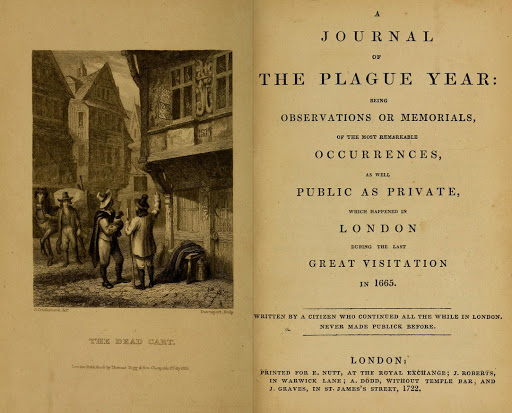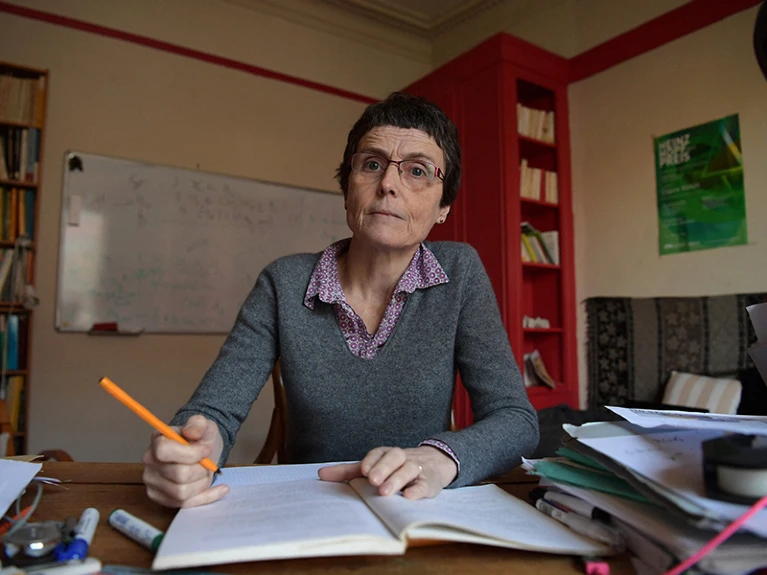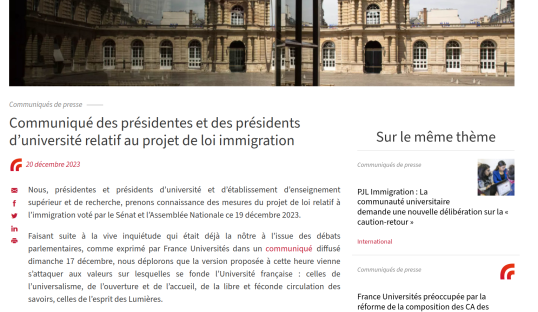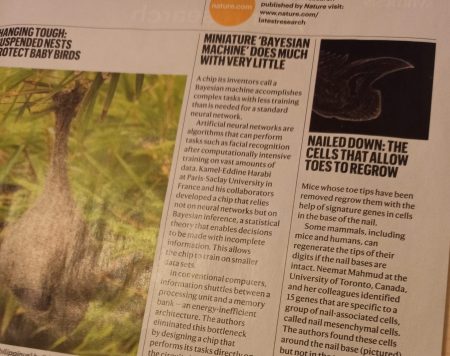 Read another novel by Fred Vargas, the early This Night’s Foul Work which carries the usual Vargas’ themes more focussed on the psychology of the characters than on the police work, with no pretense at realism (from police work, to ignored regulations and procedures, to superhuman abilities of the improbable villein), and a rather simplistic (and surprising for a CNRS researcher) vision of regional idiosyncrasies. Again. (Maybe I am being thin-skinned because Normans are the targets this time.) Adamsberg, the main detective gets positively (or rather negatively) sleazy when spying on a romantic rival.
Read another novel by Fred Vargas, the early This Night’s Foul Work which carries the usual Vargas’ themes more focussed on the psychology of the characters than on the police work, with no pretense at realism (from police work, to ignored regulations and procedures, to superhuman abilities of the improbable villein), and a rather simplistic (and surprising for a CNRS researcher) vision of regional idiosyncrasies. Again. (Maybe I am being thin-skinned because Normans are the targets this time.) Adamsberg, the main detective gets positively (or rather negatively) sleazy when spying on a romantic rival.
Read [in planes] The Traitor God sounded like an interesting plot when I picked it: a rogue mage, having left its order and city ten years ago, and coming to the rescue of old friends in trouble. However, the blob-like evil behind said trouble got particularly grotesque and absurd, till a ridiculous finale that was only the premise to a second volume. While sounding similar in concept, Paladin’s Grace proved much more enjoyable [in the same planes], if pure mindcandy (and hence hardly at level with a Hugo or Nebula Award). More a form of fantasy sleuthing than anything of a cosmologic scale (and no explanation as to why the god died), with a perfume-maker as the scientific police equivalent! (But this is definitely not Süskind’s Parfum.) A bit heavy-handed on the romance part, though, with endless internal debates of both central characters. And also read The Maleficent Sevens, whose most redeeming quality is its title, as otherwise, I found little to enjoy there: the characters are not compelling, even in their maleficiency (facade grim only if this qualifies as grimdark fantasy), their motivation for (re)banding together is unconvincing, the magical abilities and actions hold no coherence, usual plot u-turns aplenty (like walking dead, krakens, subterranean demons), the naval battle is beyond stretching belief, contrary to the other (anti)heroes, the orcs are discriminated against in being the only ones to miss salvation in the final chapter, the dialogues are far from witty (far far away from Terry Pratchett if this qualifies as comic fantasy).
 In contrast with my earlier light encounter with COVID, I attended a COVID funeral in Normandy a few weeks ago, which, besides the deep sadness of seeing a relative depart, made me question the general laisser-faire attitude about COVID, despite the dozens of thousands of daily cases (in France) and more than an hundred death. With hardly anyone wearing a mask in public transportation for instance. (In a cruel if not unexpected irony, some people attending the funeral later tested positive.)
In contrast with my earlier light encounter with COVID, I attended a COVID funeral in Normandy a few weeks ago, which, besides the deep sadness of seeing a relative depart, made me question the general laisser-faire attitude about COVID, despite the dozens of thousands of daily cases (in France) and more than an hundred death. With hardly anyone wearing a mask in public transportation for instance. (In a cruel if not unexpected irony, some people attending the funeral later tested positive.)
Watched Hokusai in the plane to Santiago, and back, which I found a little bit stiff in its historical reconstruction and somewhat missing in getting the uniqueness and genius of Hkusai’s paintings. But interestingly bringing to light that paintings and sketches became somehow prohibited unless restricted to actors and courtesans, after the demise of the Tokugawa shogunate, during the Meiji Restoration. And un-enthusiastically completed the House of the Dragon, still lacking in scope. And in dragons.
 Mathematics gets rarely featured in Nature, as this is not the most obvious outlet for mathematical discoveries, hence it is exceptional to see Claire Voisin interviewed in the 08 Feb issue, following her receiving the 2024 Crafoord Prize in Mathematics and Astronomy “for outstanding contributions to complex and algebraic geometry, including Hodge theory, algebraic cycles, and hyperkähler geometry”. She is actually the very first female mathematician to received this prize, although she states this has no particular significance for her.
Mathematics gets rarely featured in Nature, as this is not the most obvious outlet for mathematical discoveries, hence it is exceptional to see Claire Voisin interviewed in the 08 Feb issue, following her receiving the 2024 Crafoord Prize in Mathematics and Astronomy “for outstanding contributions to complex and algebraic geometry, including Hodge theory, algebraic cycles, and hyperkähler geometry”. She is actually the very first female mathematician to received this prize, although she states this has no particular significance for her.





 In contrast with my earlier light encounter with COVID, I attended a COVID funeral in Normandy a few weeks ago, which, besides the deep sadness of seeing a relative depart, made me question the general laisser-faire attitude about COVID, despite the dozens of thousands of daily cases (in France) and more than an hundred death. With hardly anyone wearing a mask in public transportation for instance. (In a cruel if not unexpected irony, some people attending the funeral later tested positive.)
In contrast with my earlier light encounter with COVID, I attended a COVID funeral in Normandy a few weeks ago, which, besides the deep sadness of seeing a relative depart, made me question the general laisser-faire attitude about COVID, despite the dozens of thousands of daily cases (in France) and more than an hundred death. With hardly anyone wearing a mask in public transportation for instance. (In a cruel if not unexpected irony, some people attending the funeral later tested positive.)